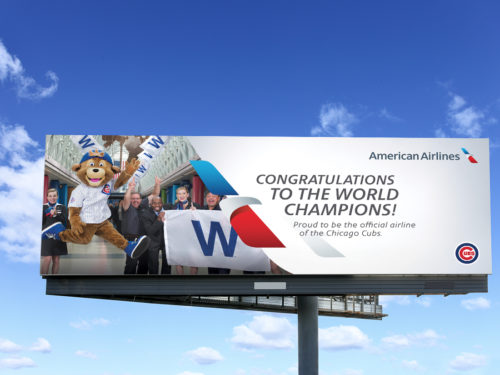American has formally submitted a Freedom of Information request for communications between Chicago Mayor Rahm Emanuel, his aides, and United Airlines. American believes that United’s threat to move its headquarters from Chicago resulted in the airline being awarded five additional gates at O’hare as part of the airport’s $8.5M expansion plan. The Chicago Sun Times has seen a copy of American’s request and notes that it’s very wide-ranging, including all communications between October 1, 2015 and December 1, 2016.
Mike Minerva, American’s vice president of government and airport affairs, said they need to review these documents to determine “why Emanuel cut an 11th-hour deal to award five more gates to United.”
“We want to know if we’re getting a fair shake here and being allowed to grow,” Minerva said Tuesday. “The coordinated resistance by the city and United to our request for three gates — to build gates already approved as part of the plan, but build them sooner — feeds our concern that there’s an agreement not to allow us to grow.” “What did United give the city for that? What were the understandings and how do those affect American and our future here in the city. . . . We fear that the city has basically chosen United as the airline that it wants to do business with here more than American,” Minerva said. “We were negotiating this multibillion-dollar lease and it all flipped like a switch. . . . It’s premature for us to say whether we’re gonna sue or not sue because we don’t know what happened.”
Both City Hall and United contend that no threat was every made – “We never threatened to leave Chicago or move the corporate headquarters, nor did we ever discuss it.”
Chicago’s Aviation Committee is set to sign-off on the new lease and the expansion plan this Thursday, with or without American’s approval. American says that if that’s the case, they may be force to reduce capacity and shrink its hub.
“This lease agreement harms our business here, and over the long run, it makes it very difficult for us to compete. So, you may see an erosion in our position here as a direct result. And if we see this lease is the future in Chicago, we’ll have to look at all sorts of decisions we make. We are very concerned about the competitive environment in Chicago both because of the terms of the lease and because the administration has so blatantly and obviously sided with our competitor.”
The responses below are not provided or commissioned by the bank advertiser. Responses have not been reviewed, approved or otherwise endorsed by the bank advertiser. It is not the bank advertiser's responsibility to ensure all posts and/or questions are answered.
